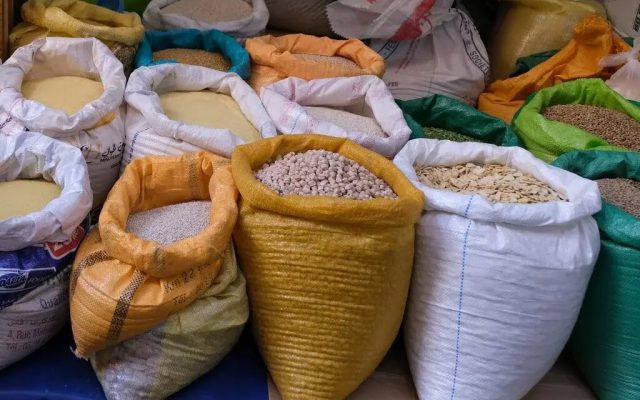Actors in food systems policymaking must work as one

The 61st Madaraka Day celebration focused on agriculture and food security. This highlights the need to transform food systems, as agriculture contributes directly and indirectly to 52 percent of Kenya’s GDP and employs about 40 percent of the population.
Food systems, encompassing activities and actors from production to consumption, are considered broken and in need of a transformation. MPs have a key role to play in this process.
While Parliament has effectively performed its functions, misunderstandings exist concerning its role in the implementation of the National Government Constituency Development Fund (NG-CDF), a key funding source for local projects.
Consequently, the National Assembly amended the NG-CDF Act in December 2023, addressing environmental challenges, water, education, and sports. MPs were given the responsibility of overseeing these projects by encouraging meaningful public participation.
While public participation is recognised as a key element in the policymaking process, there has been minimal participation, as evidenced by the low number of views presented when key policy issues are being discussed.
To enhance public participation, Parliament has enshrined this element in its standing orders as in the Constitution. However, achieving a critical mass of citizens participating has not been realised. The NG-CDF (Amendment) Act 2023 mandates MPs to convene consultation meetings in constituencies as part of their oversight mandate, an invaluable step in enhancing public participation.
MPs have mobilising power and a strong voice to shape local, regional, and national agendas. Combined with increased local agency, contextualised action in transforming food systems can be expanded and enhanced.
However, political challenges exist, especially when the vision does not resonate with the public. But when citizens are well-informed, they can support and sustain such initiatives.
Resilient food systems require access to clean and safe water, better roads, hospitals, and schools in the face of climate change impacts. These issues are interconnected, and addressing one must be done cautiously to avoid negative externalities on others. A systems approach is necessary.
MPs have a unique opportunity to influence holistic policies through resource allocation and project implementation oversight. Citizens also have an equally important role through public participation. All actors must learn to act in harmony, much like a beautiful orchestra. This calls for collaboration and cooperation, making food systems diplomacy imperative.
Is this practical? Yes. Makueni county’s Green Roads for Water project is a good case study. This project directs water from roads to farms, to be used for farming and household needs. It embraced collaboration between different sectors – engineers, water practitioners, and agriculture officers – while engaging local communities, leading to its success. This demonstrates that resources from different sectors can be aggregated to undertake projects ensuring multiple benefits.
Given that constituencies receive resources for water projects, it is possible to amalgamate resources to enhance initiatives and multiply the impact. The clustering strategy is a possible pathway, especially for proximate constituencies addressing water challenges.
Such projects must get approval from the people, with environmental, social, and economic impacts critically analysed. Proper social and political accountability requires that people understand the significance of these projects.
Deliberate efforts should enhance the capacity of local people to engage in all steps of policymaking and implementation processes.
— The writer is a global food systems Youth Leader and climate change Communication
Consultant












